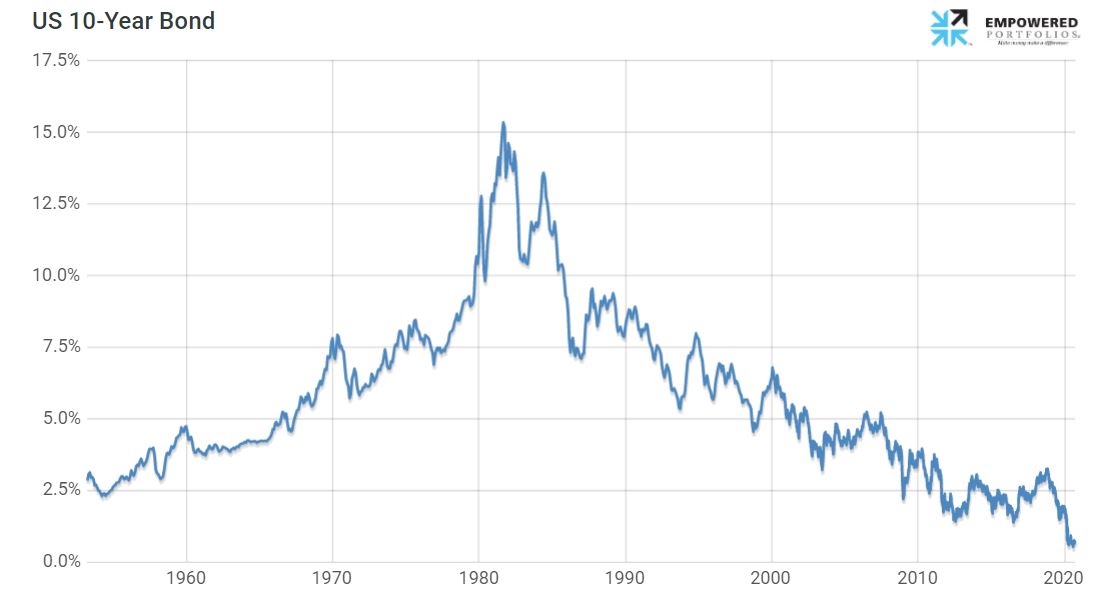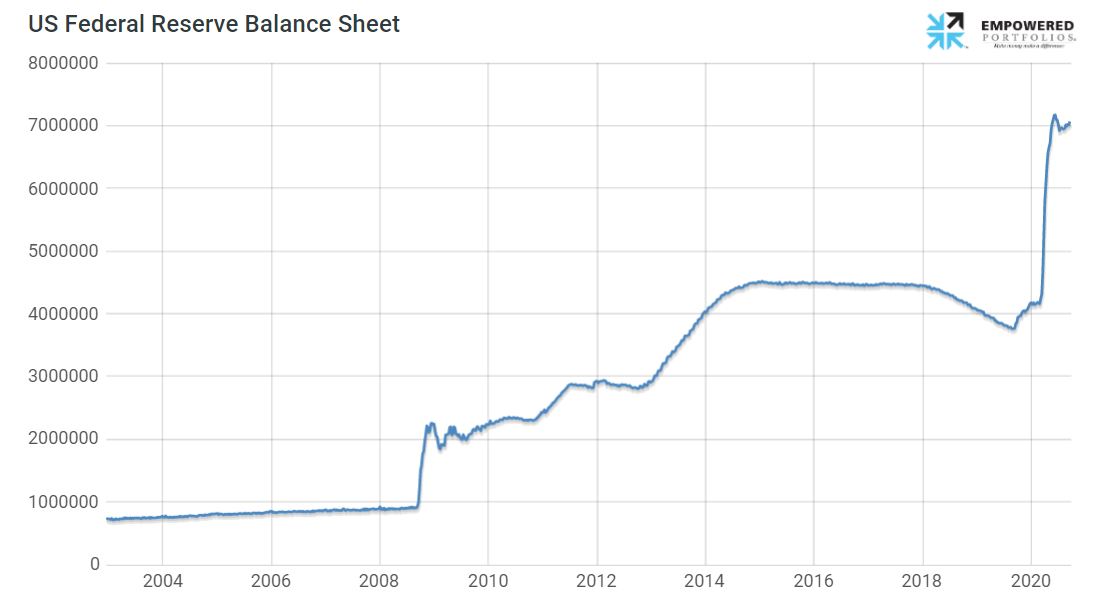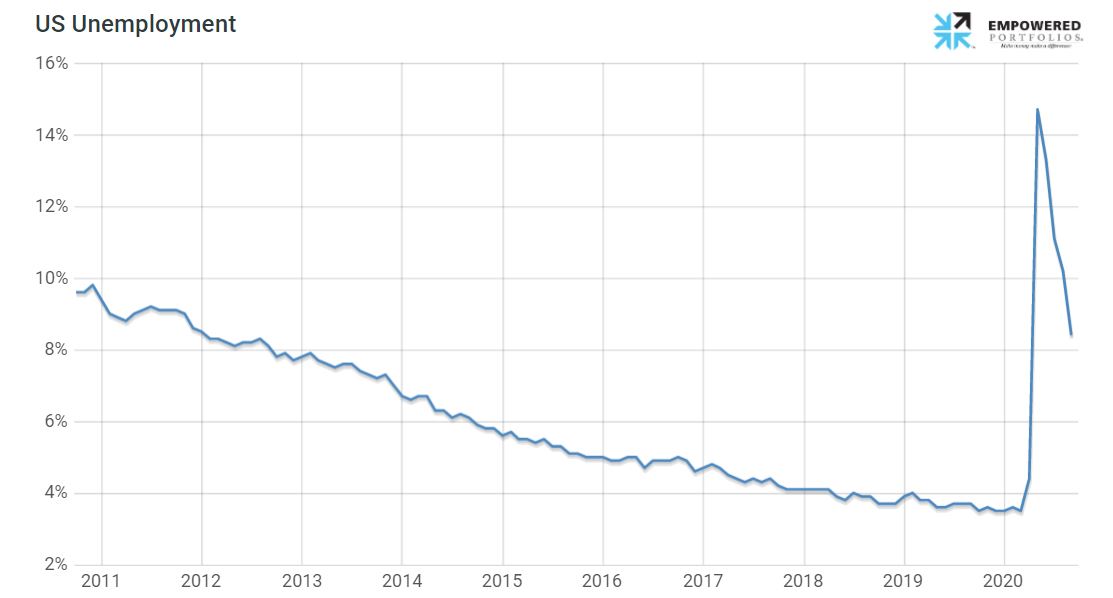In honor of Women’s History Month, we’ve put together a list of tips women can use to help keep in control of their finances. It’s important for women to stay in the know of their financial situations, especially if they’re married to a man, because women tend to outlive their husbands.
1. If You’re Married, Be “In the Know”
Married couples tend to have joint accounts, but they have their individual accounts as well. Due to women living 8% longer than men, it’s important to have their significant other’s account information, such as the usernames and passwords to them. If their spouse has a safe with important financial documents within it, they should know where the keys are or the combination to access it. At the very least, they need to know where to find these items in case of emergency.
2. Long-Term Care
There are more than enough reasons for women to include long-term care in their retirement plans. While women tend to live longer, they also tend to spend twice as long in a disabled state than men. Due to women’s longevity compared to men, women are less likely to have someone around the house to help out with daily activities toward the end of their lives, including walking, eating, drinking and using the restroom. Because of this, it’s important to have a long-term plan in place sooner than later.
3. Disability Insurance
Disability insurance is a must for women to invest in. Autoimmune diseases have a clear gender bias toward women, occuring at a rate of 2 to 1 to men. Autoimmune diseases include, but are not limited to, rheumatoid arthritis, lupus and multiple sclerosis. Determining your family history can help decide whether you need long-term or short-term disability insurance.
4. Eligibility for Social Security Benefits
Throughout your working history, one must acquire at least 40 quarters of work (120 months/12 years) in order to qualify for Social Security benefits. Women are more likely to be out of work for longer periods of time, breaking up their time on the job due to many things such as the aforementioned autoimmune diseases or childbirth. It’s important for someone to keep track of the quarters they’ve worked so they don’t try to retire before becoming eligible for the helpful benefits of Social Security.
5. Know Your Home’s Worth
Knowing how much their home or rental properties are worth can be crucial to their finances. As a woman gets older, they’ll probably want to get closer and closer to becoming mortgage-free, so their family doesn’t have to take on the debt. If they still lived in the home when their spouse passed, they may want to sell the house or downsize, as there may be too much space to maintain on their own. Lastly, knowing their home’s value will ultimately help their family evenly distribute any and all property.
6. Know When Retirement Benefits Start
The time a person’s retirement benefits start depends on the year they were born. Visit the Social Security Administration’s Benefits Planner here to figure out when full retirement benefits begin. Anyone from the age of 62 up to 70 can begin to receive their retirement benefits, but the longer they wait, the more they receive.
7. Have a Will in Place
For any woman who is a parent, a will is definitely important. A will can designate who is to be the guardian of their children. Without one, a judge will appoint a guardian and it may not always be who they want it to be, though they do try to find out their wishes first. For a person’s assets, they are subject to their state’s laws of intestacy and the assets are usually distributed to family or blood relatives.
8. 401(k)s
Any woman who is saving for retirement should have a 401(k) from their employer. Not only should women max out the employer match on their retirement accounts, but max out the personal contributions as well. Should they have changed jobs throughout the years and have multiple retirement savings accounts, they shouldn’t cash out their 401(k) accounts and spend them, but instead invest that money in an IRA account.
9. Review Beneficiaries Every Year
Every year, a woman should be reviewing their beneficiaries every year, or every time a life change happens, such as a marriage, divorce, birth of a child or a death. Reviewing who their beneficiaries are ensures that their estate plans are on track with their goals. Every document that they must assign a beneficiary, they should be going over with their estate planning attorney.
10. Invest Money
Even if a woman doesn’t understand how to invest money, it doesn’t mean they shouldn’t try. Most advisors offer free consultation appointments and would be happy to explain how things work and help however they can.













